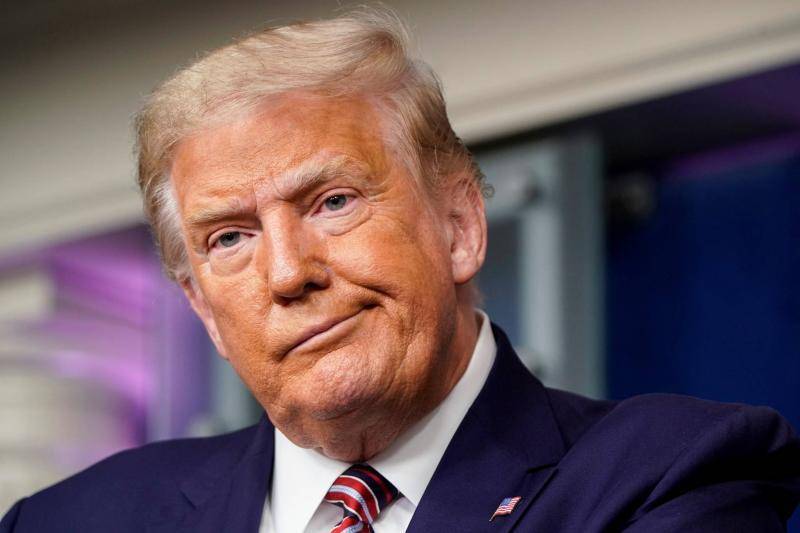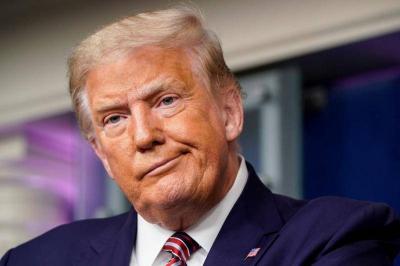The film "The Apprentice," depicting Donald Trump's biography during his campaign to reclaim the U.S. presidency, was presented in official competition at the Cannes Film Festival, prompting the former president to launch legal action in response to what he deemed "pure defamation." Through this narrative film, Iranian-Danish director Ali Abbasi takes his first steps in Hollywood, following his previous films showcased at the prestigious French festival ("Border," which won the "Un Certain Regard" category in 2018, and "Holy Spider," screened in 2022).
The film chronicles the beginnings of Trump's journey as a real estate mogul in the 1970s and 1980s in New York. It portrays him as a somewhat naive professional at the start of his career, but he diverges from his principles when he discovers the tricks of power, alongside his mentor, lawyer Roy Cohn (played by Jeremy Strong, known for his role in "Succession"), who is closely linked to the New York mafia.
The film opens with a disclaimer stating that much of the depicted content is fictional. One of the film's most powerful scenes shows Trump raping his first wife, Ivana (played by Maria Bakalova). He is also seen taking amphetamines and undergoing liposuction and hair transplant surgery. Abbasi recently told Vanity Fair, "We wanted to make a historical film in a 'punk rock' style, which means we had to maintain a certain energy, a certain spirit, and (not) be overly selective about details and what is right or wrong."
The film has incited significant outrage from Donald Trump, whose campaign team announced, "We are starting legal action against the completely false claims made by those who call themselves filmmakers," condemning what they described as "pure malicious defamation." Stephen Chung, spokesperson for Donald Trump's campaign, stated in a message sent to AFP: "This collection (of scenes) is pure fantasy that exaggerates lies that have long been debunked."
The screenplay for "The Apprentice" is penned by Gabriel Sherman, a journalist who covered the New York real estate market in the early 2000s and communicated regularly with Trump during that period. Officially, the film is inspired by major works from the "New Hollywood" film movement of the late 1960s and 1970s, including films like "Taxi Driver," "Network," and especially "Midnight Cowboy."
When asked if an American woman could be objective about a film on her country's former president, jury chair Greta Gerwig promised to watch it "with an open mind and heart, ready for surprises."
Outside of competition, the honorary Palme d'Or was awarded to the Japanese studio Ghibli, co-founded in 1985 by Hayao Miyazaki (83), a two-time Oscar-winning director known for his poetic works. His son Goro, also a director at Ghibli, accepted the award, which he deemed "encouragement" for the "next forty years."
This marks the first time a studio has received such an award, typically given to an actor or director, like Meryl Streep and George Lucas this year. The evening continued with the screening of four short films not previously shown outside Japan, including a sequel to "My Neighbor Totoro."




